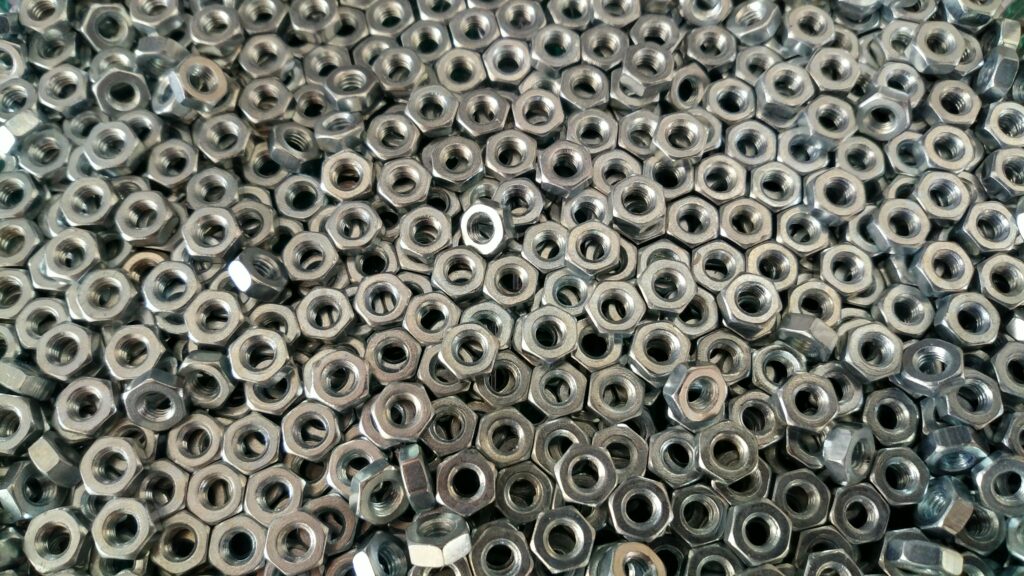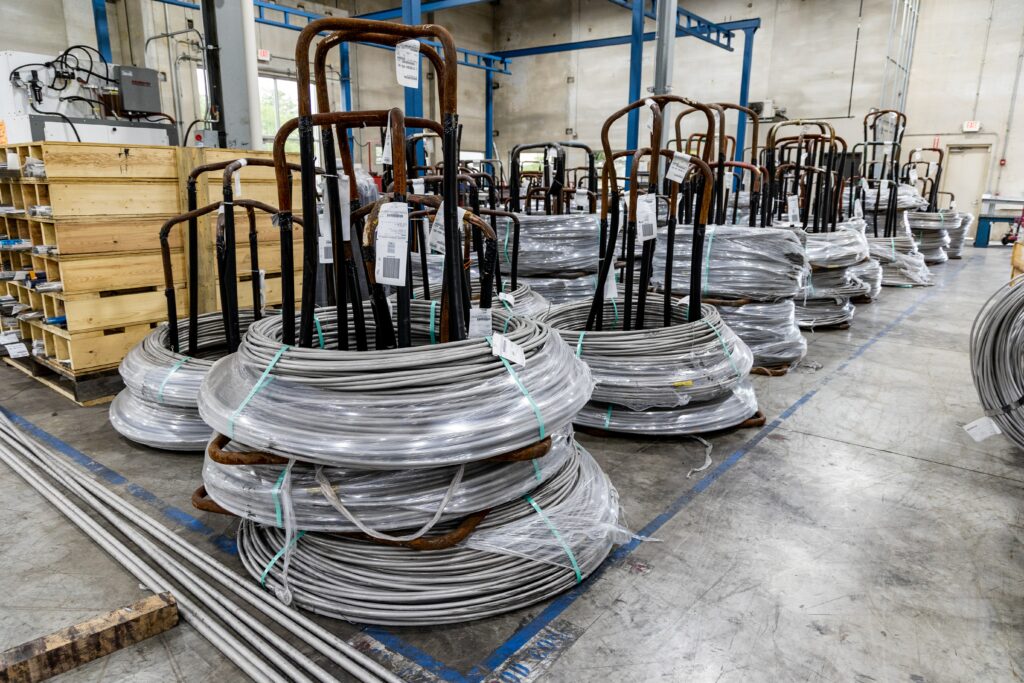Aluminium is an incredible material. Not only is aluminium strong yet lightweight, but depending on the alloy used, it can be formed into a wide number of shapes. As an example, here at ABS, we create aluminium curved arched doors, as well as providing general aluminium bending services.
Whenever you undertake a project with us, we’ll carefully select the right aluminium alloy, in addition to the correct bending process, to ensure your customer satisfaction.
However, in today’s post, we will cover the three most common aluminium alloys for bending while explaining the properties needed to carry out successful aluminium bending.


What Affects Aluminium Bendability?
It’s imperative that the intended usage of the aluminium can be achieved when bending methods have been applied to the material. As well as maintaining structural integrity, aspects such as cracking or splitting need to be avoided. To do this, the suitability of the alloy needs to be considered in line with the following principles.
Formability
Formability refers to the ability of the alloy to experience a deformation of its original shape without the risk of cracking or breaking.
Thickness And Bend Radius
As a general rule, the thicker the material, the more difficult it is to bend. Some aluminium alloys can be bent into shape by hand, and others require specialist tools and processes.
Percent Elongation
Percent elongation refers to the amount of tension that can be applied to the alloy during the bending process. Alloys that are more ductile tend to withstand a higher level of aluminium bendability.


The Best Aluminium Alloys For Bending
Not all aluminium is suited for bending, and of the alloys that can be bent into new shapes, some have varying properties that may make one type more ideal for your project requirements than another.
Aluminium Alloy 3003
Combined with manganese, #3003 is one of the most common aluminium alloys in existence within bending applications. This is because of its incredible formability properties, including the fact it does not require heat to be bent or moulded into a new shape.
Some common usages of aluminium alloy 3003 include chemical equipment, storage tanks, guttering, roofing and siding.
Aluminium Alloy 5052
Providing an equal balance of strength and bendability, aluminium alloy 5052 is designed for more intensive applications versus #3003. Another benefit of #5052 is that it has excellent corrosion resistance.
Some common usages of aluminium alloy 5052 include marine equipment due to its corrosion resistance. In addition, #5052 can be used to produce hydraulic tubes, signage, medical equipment and some electronics.
Aluminium Alloy 6061
Series 6 aluminium alloys offer superior strength. Aluminium alloy 6061 contains manganese and silicon and can be further enhanced in terms of strength by using heat treatments.
This particular aluminium alloy is also known as ‘structural aluminium’, as it makes a great choice for construction or engineering projects. Also, #6061 is used to create packaging, aeroplanes, vehicles, scuba tanks, ladders and bicycles.


Aluminium Bending UK – ABS Aluminium Bending Specialists
With ABS (Aluminium Bending Specialists) – the clue is in the name! We are the UK’s premier aluminium extrusion and non-ferrous sectioning bending company.
Some of our top services include aluminium bending, aluminium windows, curved windows and doors, gothic arch windows, aluminium round windows, porthole windows, commercial windows along with architectural powder coating.
If you would like any further help or guidance on aluminium bending, or any of the many other services that we provide, then you’re in the right place. ABS is based in Nottinghamshire, and we operate across the UK and Ireland.
Please get in touch either by dropping us an email or giving us a call on 01623 721 172 for further help or information.

